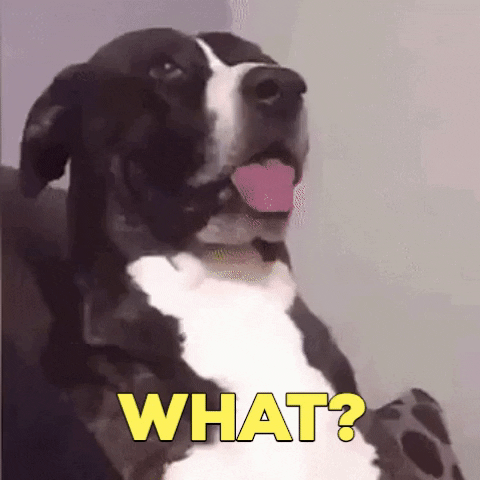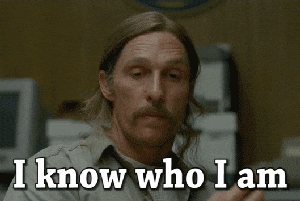What do you think when someone asks you:
"How would you describe your working style?"

How do you know what your style is? You'll need to have an answer ready when a job interviewer asks you this question.
Did you know?
Why Do They Ask This Question?

Interviewers ask this question to find out how well you'd fit into their company culture.
This question requires you to know your strengths and weaknesses and how you adapt to changing circumstances.
It’s about your skills, what you know about yourself, and what you know about the company and position you're applying for.
Identify Your Working Style
Ask Yourself:
Do I work quickly or slowly?
Am I concerned with accuracy?
Do I prefer to work alone or in collaboration?
Am I big picture or obsessed with the details?
How do I structure my day? When do I prefer to do my most difficult tasks?
What's my communication style? Do I prefer email/messaging, phone/video calls, or meetings?
Do I prefer constant supervision or do I prefer to be shown how to do my job and then left alone to complete it?

How To Answer This Question
Research the organization and position before the interview.
Decide if your working style matches the position requirements.
It’s also important to be honest, while still highlighting the positives of your work ethic.
Don’t claim to be a perfectionist if you’re a big-picture person! Instead, emphasize your vision and commitment to quality.
Here are some example responses:
"I am extremely flexible. I enjoy working on a variety of projects and collaborating with many different teammates. I tend to work quickly and efficiently. I use the team environment to check for errors."
"While I like to work together to plan when it comes to doing the work I prefer to work alone on projects to ensure accuracy. I like to be given directions and left alone to complete my work. I also prefer email communication over meetings or phone calls."
“I enjoy slowly digging into the details of my work. I like to complete difficult tasks first thing in the morning. I am very detail-oriented and prefer to communicate in person with others. I like to be left alone to complete my work.”
Quiz
Your working style varies from day to day. How do you answer this question?
Subscribe for more quick bites of learning delivered to your inbox.
Unsubscribe anytime. No spam. 🙂
More Tips For Answering This Question
Do
Think through your responses before the interview.
Be brief. Focus on how your qualities fit with the organization and the position.
Give examples of how your working style was beneficial at your last/current position.
Don't
Exaggerate or be dishonest about your working style.
Give vague examples or cliches like "hard-worker", "team player", and "detail-oriented" without specifics.
Make rigid statements about your work environment needs.

Quiz
Which statements are effective ways to give examples of your collaborative work style?
Take Action
Curious about your working style?

Your feedback matters to us.
This Byte helped me better understand the topic.
New Bytes
We publish fresh Bytes daily, we can send you a notification when that happens.
